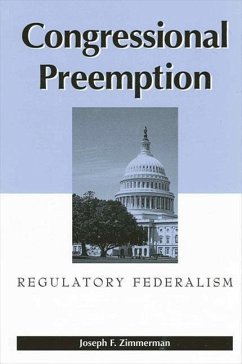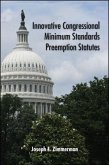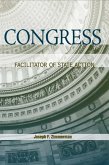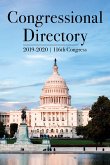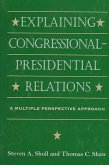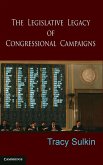Congressional Preemption provides an in-depth account of the use of preemption powers by Congress to either partially or completely remove regulatory authority from state and local governments in a wide variety of fields. Author Joseph F. Zimmerman exposes the inadequacies of the two current theories of United States federalism--dual and cooperative--by exploring the impact of Congress' frequent use of its preemption powers since 1965. While the dual and cooperative federalism theories retain a degree of explanatory power. Zimmerman considers why they do not explain the profound systemic changes produced by congressional preemption. Other topics covered include congressional use of conditional grants-in-aid, crossover sanctions, tax credits, tax sanctions, and partial and complete redemption; the theory of political safeguards of federalism; and the Blackmun Thesis, which encourages states to seek relief from preemption statutes in Congress and not the courts. The book concludes with postulates of a broader theory of federalism and recommendations addressed to Congress to reinvigorate the federal system.
Hinweis: Dieser Artikel kann nur an eine deutsche Lieferadresse ausgeliefert werden.
Hinweis: Dieser Artikel kann nur an eine deutsche Lieferadresse ausgeliefert werden.

